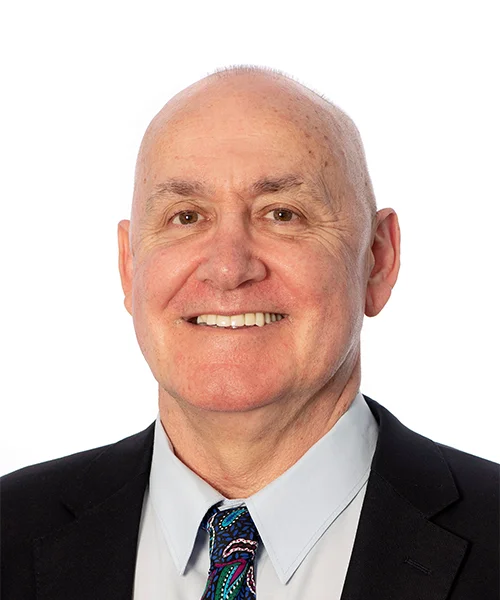To any visitors, it is immediately apparent that much has happened over the past year with the Dunlea buildings. The old dormitory and administration blocks from Boys’ Town developments in the 1960s have been extensively refurbished to meet contemporary needs fifty years later. Apart from some glitches, the young people and staff are very pleased with their new facilities.
Meanwhile Montessori Academy Child Care have now extensively refurbished the old hospital and are doing great things with local pre-schoolers, whilst providing good lease income for Dunlea. We look forward to continuing development, especially the creation of new museum and reflection facilities which will better present our history and provide a welcoming setting where old boys (and now girls) can visit, remember and reconnect.
Perhaps just as significantly, a unique invitation in October connected past and present, and reminded us of the essential nature of our agency in its individual and personal care for young people in need or at risk. The Government of Hungary, at their cost, flew in to Budapest and entertained about one hundred and twenty ‘Guests of Hungary’ to participate in the sixtieth anniversary celebration of their thwarted 1956 Revolution. The Dunlea Executive Director and myself, along with the grandson of former Prime Minister Robert Menzies, were the three Australian guests. Paul and I were invited thanks to the gratitude of Joseph Toth who, as a fifteen-year-old, landed in Australia as a young refugee and was warmly cared for at Boys’ Town for his first two years in the country. Joseph was determined to fashion for himself a better life than the oppressive communist regime in Hungary would permit. He had a deeply ingrained hunger for freedom, faith and future, all of which were rigidly suppressed by Russian control at the time in his homeland. At Boys’ Town, the Priests and Brothers helped him assimilate in to his new country and encouraged him to develop and use his talents.
Joseph is now a proud husband and father with a loving and supportive family and has retired after setting up and expanding a very successful food catering business in Sydney and Brisbane. His is one of the many good-news, personal stories we like to hear of our past residents. Joseph’s individual journey from adversity to success in relationship and prosperity in subtle ways mirrors the journey of the Hungarian nation, honoured in the three days of celebrations whilst we were in Budapest. After the horrors of the Nazi occupation in 1945, ten years of Communist oppression and economic destitution followed until the student inspired revolution on the 23rd of October 1956. Freedom of speech, of religion and of election were granted by Nikita Khrushchev for a whole ten days. Then one thousand Russian tanks arrived, followed by mass executions and over 200,000 exiles (with Joseph one of these) searching for life, security and freedom. These values, whose seeds were sown in 1956, would eventually be reaped twenty-three years later by the Hungarian nation with independence following the collapse of the Iron Curtain in 1989.
In some respects, these two linked and very real stories are also like that of Boys’ Town and its transition to Dunlea Centre. The saga began out of adversity when Fr Dunlea took in his early boys left destitute and hope-deprived by the Great Depression of the 1930s. In the 1950s, the inimitable Fr Ciantar and his team rescued the Town from imminent closure when management and financial crises threatened. The 1980s saw a radical departure from big numbers of boys in congregate care towards a new model of individualised care in smaller groups, together with greater attention to family circumstances and restoration. This millennium has introduced a more intense therapeutic model and extension of services to girls. In each of these pedagogical transitions, the building infrastructure has attempted to reflect and assist the change. The current huge redesign and build, enabled by the providential meshing of Government, Catholic Church and private bequests, should augur well for our immediate future.
The great thinker and man of faith, John Henry Newman, once opined that to change is to grow; to have changed often is to have grown much. Of course, he meant good, sensible and adaptive change in moments of real need. Just as Joseph’s desperate need changed to attainable opportunity, so we hope (and plan!) will Dunlea Centre proactively continue to assist the growth opportunities of each of the boys and girls who join our programmes. Our strong hope and prayer is that so many others, like Joseph, will fashion good lives with secure careers and supportive families and there will be many more good news stories to relate over the next sixty-plus years.
Fr Peter Carroll SDB



